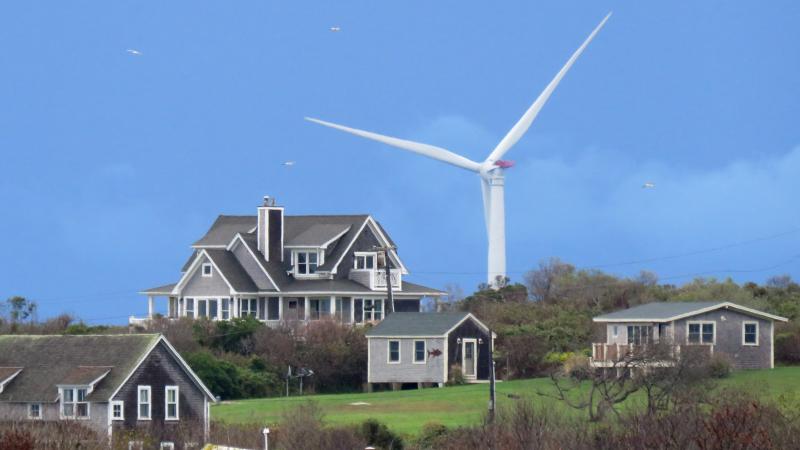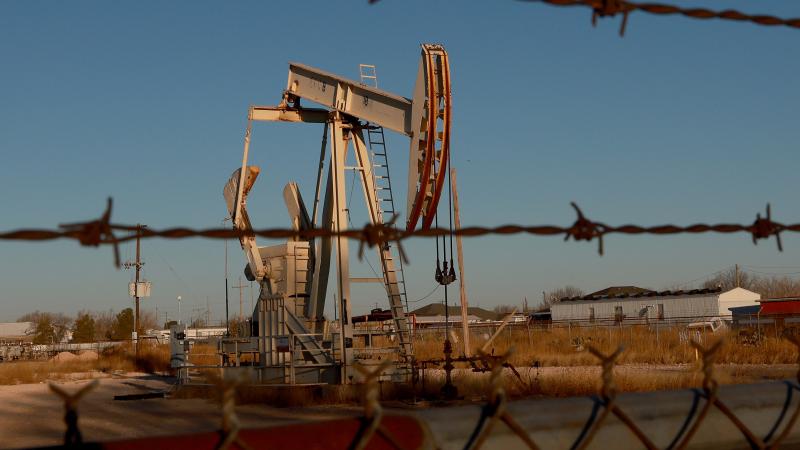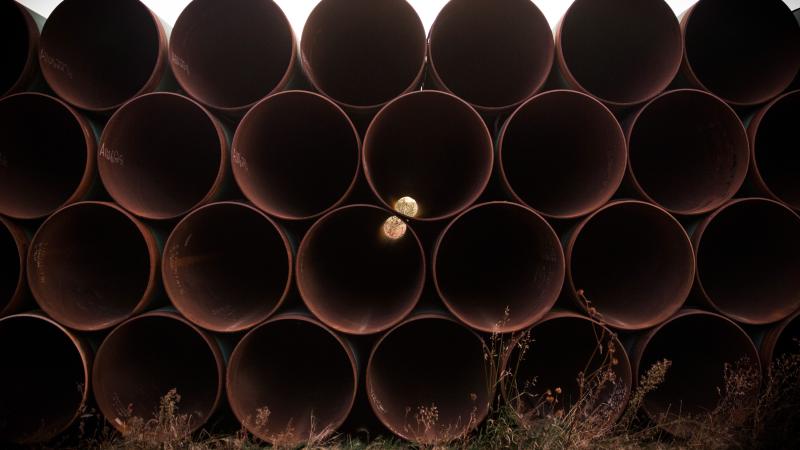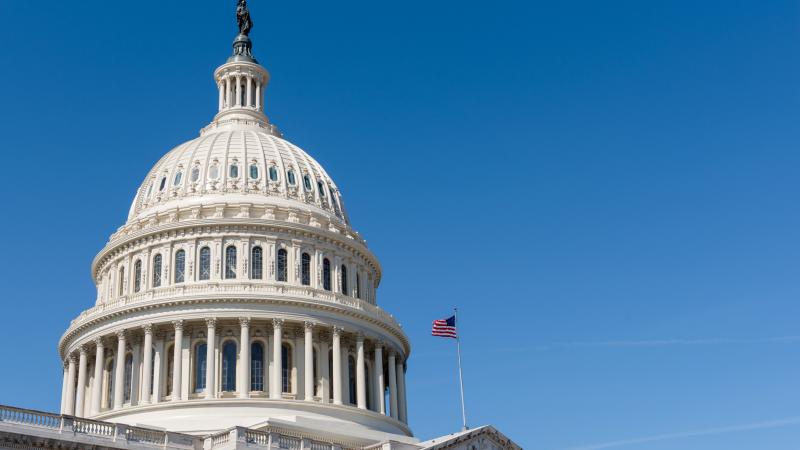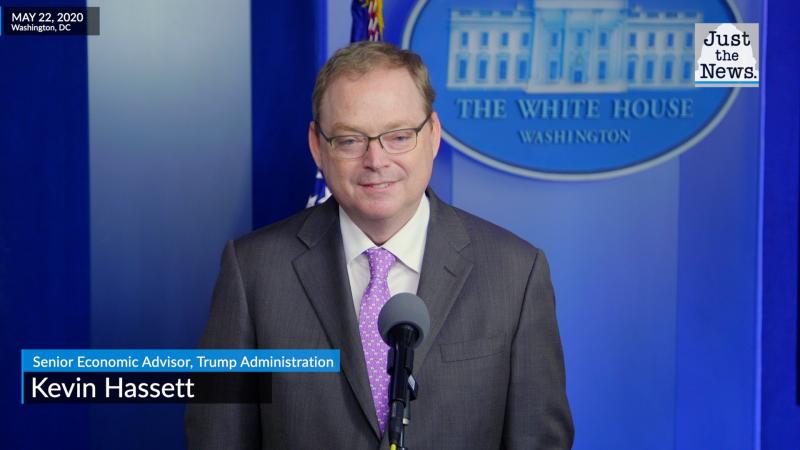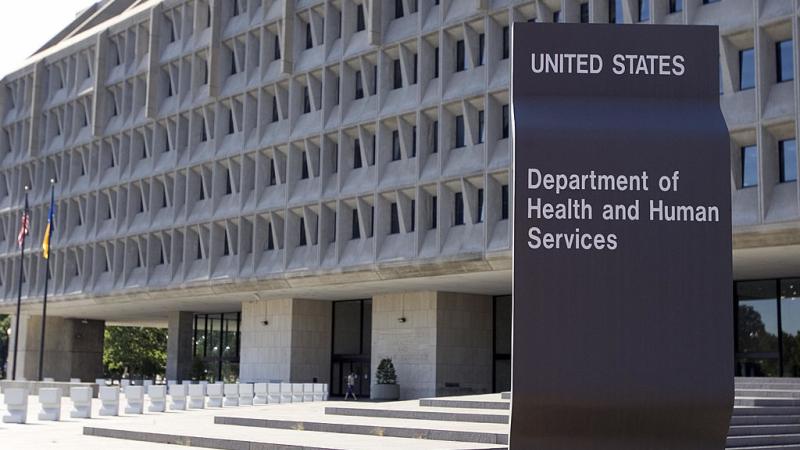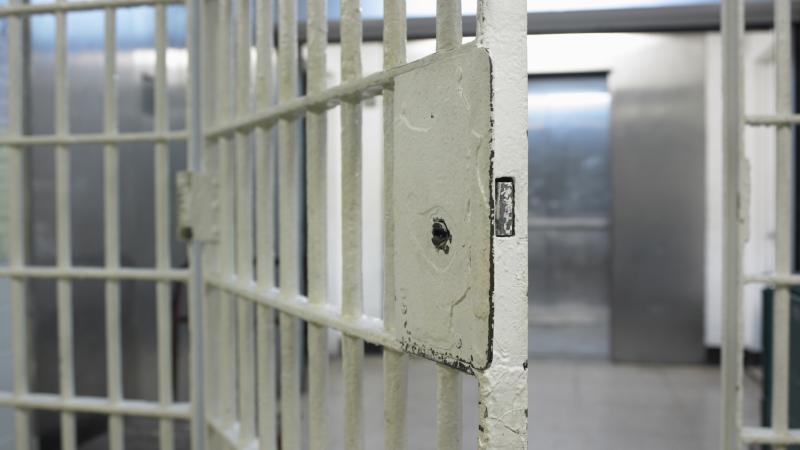Congress eyes bipartisan reform of permitting again, but it may take bargaining to get Dems onboard
While permitting reform stands to benefit fossil fuel and renewable energy projects, comments at a Senate Environment Committee hearing suggest Democrats won't support legislation that doesn't support their climate agenda.
While reforming the federal permitting process has bipartisan support, Democrats may ask for compromises on Trump’s “energy dominance” agenda. Whether or not Republicans will be willing to negotiate on those terms remains to be seen.
The Senate Environment and Public Works Committee held a hearing Wednesday to discuss how to improve federal permitting processes. While there wasn’t any dispute between Republicans and Democrats that those processes needed reform, Sen. Sheldon Whitehouse, D-R.I., ranking member of the committee, offered a “word of warning” concerning Democratic opposition to any permitting reform measures.
“Democrats cannot agree to any permitting reform unless and until the Trump administration ends its lawless disregard for congressional authority and judicial orders. Billions in obligated funds remain frozen behind a fog bank of silent executive contumacy in blatant disregard of constitutional separation of powers, direct court orders and basic principles of law,” Whitehouse said.
Upon taking office President Donald Trump withdrew offshore areas from wind power leasing while reviews of the industry’s impacts could be assessed.
“I don't see a path to getting a bill until this lawlessness stops. And I don't see a path for a bill that excludes offshore wind, an industry with great jobs, huge growth potential and a supply chain that already extends into 40 states,” Whitehouse said.
Trapped in a cycle
The hearing covered a range of projects — from housing to pipelines to offshore wind — that Sen. Shelly Capito, R-W.V., chair of the committee, said were “trapped in a cycle of redundant reviews, shifting goal posts and regulatory uncertainty.” Permitting regulations, Capito said, had devolved over the multiple administrations into a “hodgepodge of duplicative and contradictory requirements,” and Congress has failed to act to modernize permitting.
Jeremy Harrell, CEO of ClearPath, a nonprofit advocacy group that pushes for energies that reduce emissions, including nuclear and natural gas, said that expediting the permitting process could be achieved through categorical exclusions, which provide a one-time determination under the National Environmental Policy Act (NEPA) for activities that don’t warrant a full review.
On the “John Solomon Reports” podcast earlier this month, Tim Stewart, president of the U.S. Oil and Gas Association, explained that “permitting by rule,” as the provision is called, is important to effective permitting reform.
“Essentially what it says is, if you have met the rules, you will get your permit. And here are the rules as they are laid out. That's going to be really key, because that provides the consistency,” Stewart said.
Stewart said that permitting reform has bipartisan support because it impacts all forms of energy, including geothermal and wind power. “They are all subject to the whims of the regulators,” he said.
Carl Harris, chairman of the board for the National Association of Home Builders, discussed how permitting delays and uncertainty impacts the housing market. “Uncertainty and delays in permitting needlessly add cost to the construction process, which increases home prices and pushes the American dream away from others among the market,” Harris said.
Waters of the United States
Harris said implementation of some aspects of Section 404 of the Clean Water Act are particularly troublesome for homebuilders. The rule regulates the discharge of dredged or fill material into "waters of the United States.” Those waters fall under federal jurisdiction, and for years federal agencies operated with a sweeping definition of what constitutes “waters of the United States.”
The 2023 Supreme Court decision in Sackett v. EPA ruled that the EPA lacked the authority to impose the definition it was using. However, the Biden administration continued to use a definition of what waters fall under federal jurisdiction that critics say exceeds federal agencies’ authority.
Leah Pilconis, general counsel for The Associated Contractors of America, said that the lack of clarity is a significant permitting burden and risk for carrying out construction projects. If a contractor, acting under the belief that a project is not within federal jurisdiction, turns out to be in federal jurisdiction, there are significant civil and criminal penalties.
“You can ask one person if something is jurisdictional and the next person if something's jurisdictional, and you might get two different answers. So for the for the construction community, we need clarity,” Pilconis said.
The Institute for Energy Research (IER) Wednesday submitted three petitions to the Trump administration as part of the organization’s effort to help the president unlock America’s energy potential. One of those petitions deals with the post-Sackett “defects” in federal agencies’ rulemaking.
During a webinar Wednesday on the institute’s “American Energy Blueprint,” Kenny Stein, IER vice president of policy, said the Biden administration tweaked the language of the law defining “waters of the United States,” which ignored the Sackett ruling.
“So our petition is basically saying, ‘Please, EPA, take action to actually implement the Supreme Court decision in Sackett on the definition of the ‘waters United States’ on the permitting reform bucket,” Stein explained.
Litigation delays
Litigation is another area that the panel of witnesses at the Senate committee hearing said needed reform.
Harrell said a ClearPath analysis found that litigation delayed fossil energy and “clean” energy projects by an average of four years, and government agencies won 71% of the legal challenges. An analysis of transmission line projects found that 24% that completed environmental review faced litigation, and agencies won 88% of the cases.
“If major infrastructure projects are regularly delayed by legal challenges that are ultimately overturned. It is time to reassess whether our current system is protecting consumers or protecting project opponents,” Harrell said.
Pilconis said that a key way Congress can help improve permitting processes is to establish a uniform judicial review period. Lawsuits regarding NEPA, she said, can stall projects for years, even after they’ve gone through extensive environmental review.
“Litigation is increasingly being used as a tool to obstruct critical projects. This undermines planning, increases costs and deters investments,” Pilconis said. She explained that contractors can’t order materials and can’t hire workers for projects that are tied up in lawsuits.
Moving forward
As Congress grinds through its permitting reform processes, federal agencies are responding to Trump's directives. The Council on Environmental Quality (CEQ) Wednesday posted guidance for hundreds of federal agencies on expediting the permitting process under the National Environmental Policy Act, which was in line with Trump's "Unleashing American Energy" executive order signed last month. The rules place more responsibility with the agencies' procedures rather than CEQ's rules.
“Reviews for energy and infrastructure projects can take four years on average and then delayed even longer because of frivolous third-party challenges and litigation delays. The Council on Environmental Quality’s updated guidance for how agencies can continue to move projects forward while these important NEPA directives are being considered and will help balance the need for being able to supply affordable, reliable energy production while still meeting environmental protection requirements," Anne Bradbury, CEO of the American Exploration and Production Council, said in a statement.
Permitting reform headed by former West Virginia Sen. Joe Manchin failed in 2022 and again in 2024. It remains to be seen if the 2025 effort will prove successful. While permitting reform stands to benefit energy projects of all types, energy policy under the Trump administration, which is supported by groups like IER, is going a very different way than climate-focused Democrats would like. They could use permitting reform, as Whitehouse warned they would, to gain support for their climate agenda.

